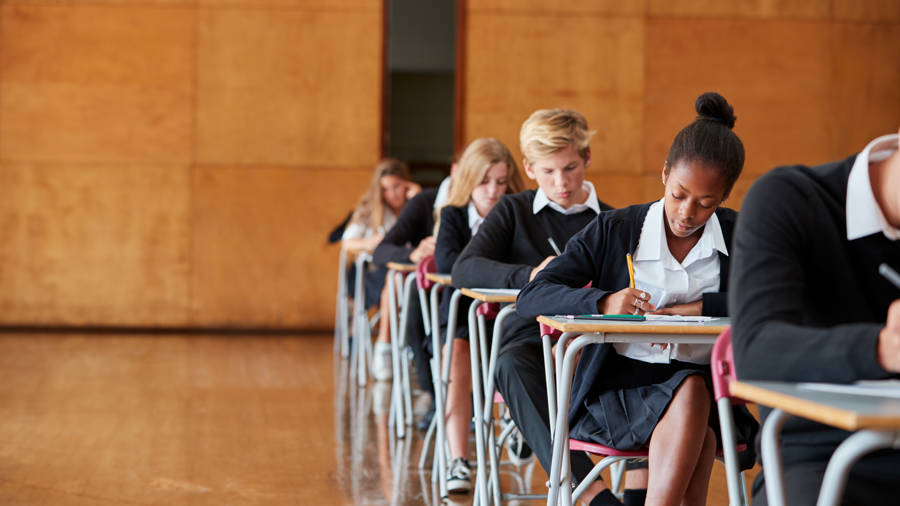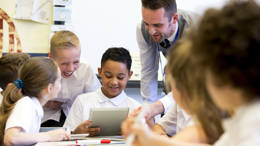Transitions
Change is a normal part of life and can provide opportunities for children and young people to develop their resilience.

Whether a child or young person is starting primary school, secondary school, further education, changing schools, or leaving school for university or work, this transition period needs to be carefully managed. If a child struggles with a transition it can have a negative impact on their wellbeing and academic achievement.
During any transition period, it’s important that children and young people are able to talk about their concerns and are supported to cope with any readjustments.

